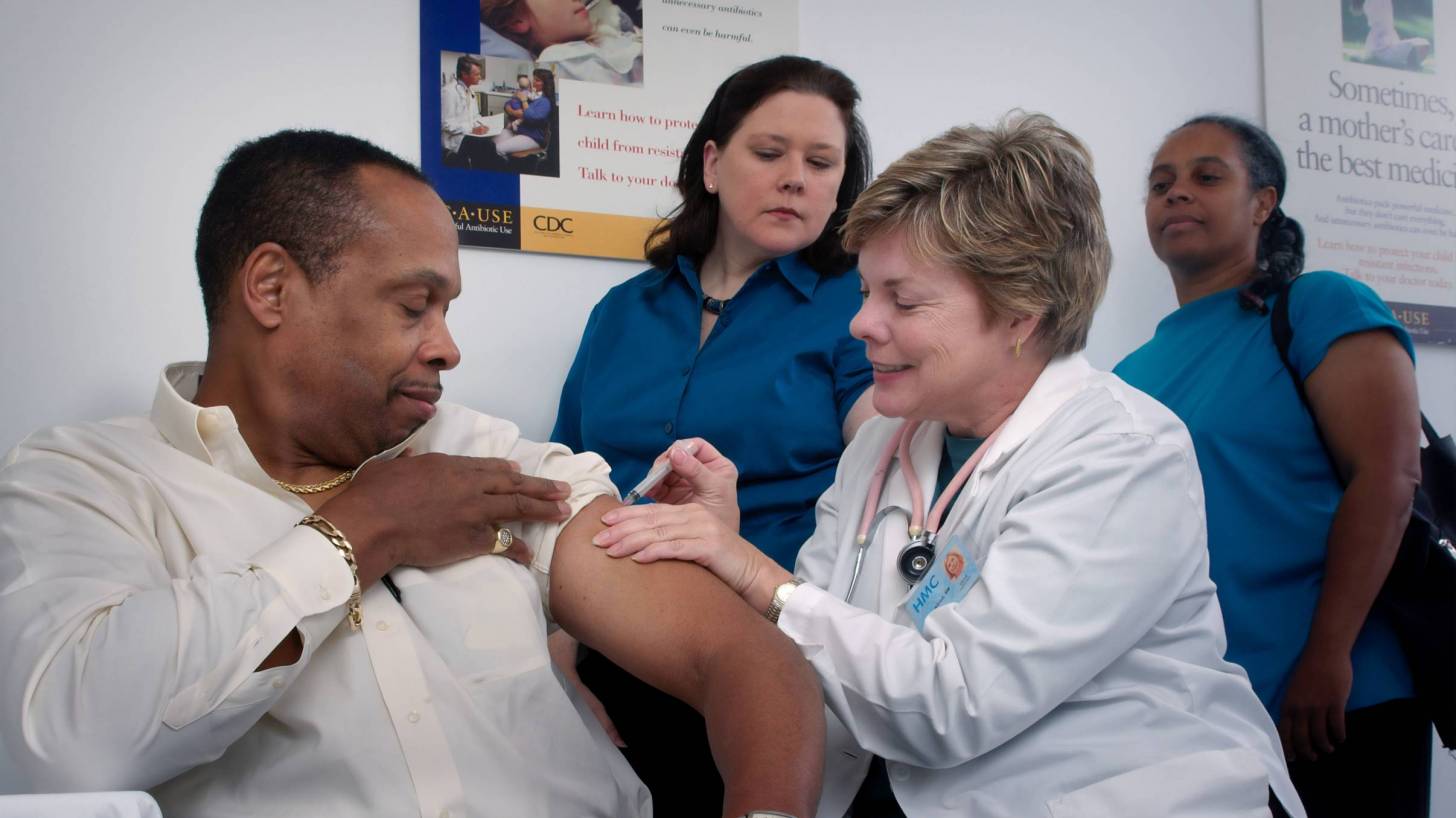U.S. FDA Issues Emergency Authorization for Second COVID-19 Vaccine

The U.S. Food and Drug Administration (FDA) issued an emergency use authorization (EUA) for the Moderna COVID-19 Vaccine for distribution in the USA for use in individuals 18 years of age and older.
The Moderna COVID-19 Vaccine (mRNA-1273) contains messenger RNA (mRNA), which is genetic material.
Announced on December 18, 2020, this is the second FDA authorization of an experimental vaccine to prevent COVID-19.
“I want to thank the thousands of participants in our clinical trials and the staff at our clinical trial sites, which have been on the front lines of the fight against the virus. I want to thank the NIH and NIAID for their scientific leadership and our partners at BARDA and Operation Warp Speed who have been instrumental to accelerating our progress to this point,” said Stéphane Bancel, CEO of Moderna, in a press statement.
The FDA has determined that the Moderna COVID-19 Vaccine has met the statutory criteria for issuance of a EUA. The totality of the available data provides clear evidence that the Moderna COVID-19 Vaccine may effectively prevent COVID-19.
The data also show that the known and potential benefits outweigh the known and potential risks, supporting the company’s request for the vaccine’s use in people 18 years of age and older.
“With the availability of two vaccines now for the prevention of COVID-19, the FDA has taken another crucial step in the fight against this global pandemic that is causing vast numbers of hospitalizations and deaths in the United States each day,” added FDA Commissioner Stephen M. Hahn, M.D.
“Through the FDA’s open and transparent scientific review process, two COVID-19 vaccines have been authorized in an expedited timeframe while adhering to the rigorous standards for safety, effectiveness, and manufacturing quality needed to support emergency use authorization that the American people have come to expect from the FDA.”
“These standards and our review process, which are the same we have used in reviewing the first COVID-19 vaccine and intend to use for any other COVID-19 vaccines, included input from independent scientific and public health experts as well as a thorough analysis of the data by the agency’s career staff.”
In making this determination, the FDA can assure the public and the medical community that it has conducted a thorough evaluation of the available safety, effectiveness, and manufacturing quality information.
The vaccine contains a small piece of the SARS-CoV-2 virus’s mRNA that instructs cells in the body to make the virus’s distinctive “spike” protein. After a person receives this vaccine, their body produces copies of the spike protein, which does not cause disease but triggers the immune system to learn to react defensively, creating an immune response against SARS-CoV-2.
“Guided by science and data, the agency’s career staff determined that the vaccine’s known and potential benefits outweigh its known and potential risks, and although not an FDA approval, the FDA’s expectations described in our June and October guidance documents have been met,” commented Peter Marks, M.D., Ph.D., Director of the FDA’s Center for Biologics Evaluation and Research.
The Moderna COVID-19 Vaccine is administered as a series of two doses, one month apart. The available safety data to support the EUA include an analysis of 30,351 participants enrolled in an ongoing randomized, placebo-controlled study conducted in the U.S.
These participants, 15,185 of who received the vaccine and 15,166 who received saline placebo, were followed for a median of more than two months after receiving the second dose. The most commonly reported side effects, which typically lasted several days, were pain at the injection site, tiredness, headache, muscle pain, chills, joint pain, swollen lymph nodes in the same arm as the injection, nausea, and vomiting, and fever.
Of note, more people experienced these side effects after the second dose than after the first dose, so it is essential vaccination providers, and recipients need to expect for vaccination providers and recipients to expect that there may be some side effects after either dose, but even more so after the second dose.
ModernaTX, Inc. and vaccination providers must report essential vaccination the following to the Vaccine Adverse Event Reporting System for Moderna COVID-19 Vaccine: all vaccine administration errors, serious adverse events, cases of Multisystem Inflammatory Syndrome (MIS), and cases of COVID-19 that result in hospitalization or death.
The issuance of a EUA is different than an FDA approval (licensure) of a vaccine in that a vaccine available under a EUA is not approved.
In determining whether to issue a EUA for a product, the FDA evaluates the available evidence to determine whether the product may be effective and assesses any known or potential risks and any known or potential benefits. If the product meets the effectiveness standard and the benefit-risk assessment is favorable, it is made available during the emergency.
Once a manufacturer submits a EUA request for a COVID-19 vaccine to the FDA, the agency then evaluates the request. It determines whether the relevant statutory criteria are met, considering the totality of the scientific evidence about the vaccine available to the FDA.
The EUA also requires that fact sheets that provide essential information, including dosing instructions, and information about the benefits and risks of the Moderna COVID-19 Vaccine, be made available to vaccination providers and vaccine recipients.
ModernaTX, Inc. has submitted a pharmacovigilance plan to the FDA to monitor Moderna COVID-19 Vaccine’s safety. The EUA for Moderna COVID-19 Vaccine may be revised or revoked if it is determined the EUA no longer meets the statutory criteria for issuance.
The FDA is an agency within the U.S. Department of Health and Human Services, protects public health by assuring the safety, effectiveness, and security of human and veterinary drugs, vaccines and other biological products for human use, and medical devices.
PrecisionVaccinations publishes research-based COVID-19 news.
Our Trust Standards: Medical Advisory Committee
























